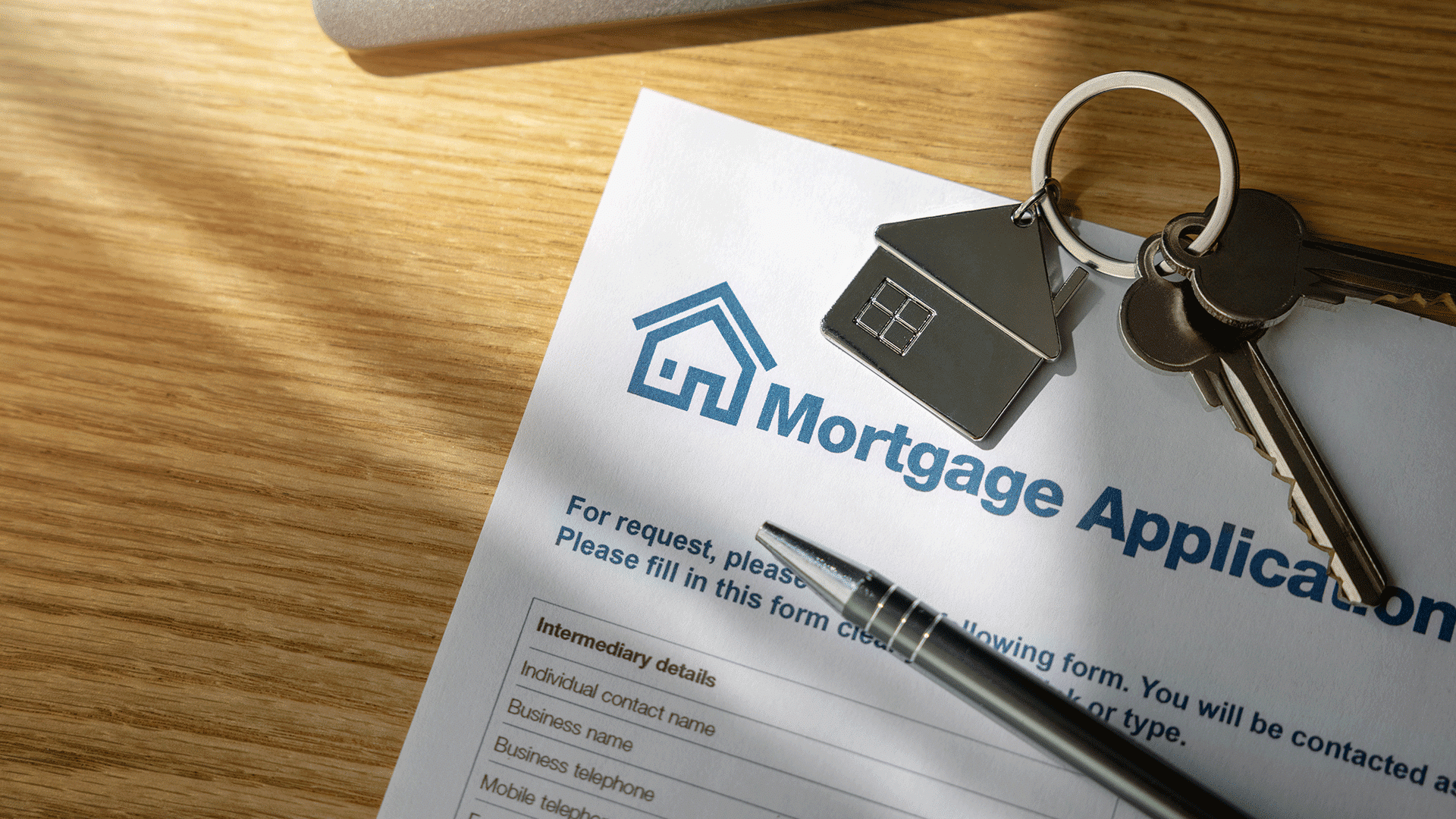Buying a House Mortgage Advice in Cambridge
The homebuyer experience can sometimes put a lot of pressure on first time buyers in Cambridge, like yourself. This is common, however, it doesn’t have to be that way. Preparation is key to help you make the most out of your house viewing experience. Below we have compiled a list of common questions to ask when you are interested in a property.
The 9 most common questions:
1. How much interest has there been in the property/development?
Buying a property is the most significant financial commitment in your life. Therefore, having a good think about committing to a property before buying it is understandable.
The amount of thinking time will depend on how long the property will be available. To establish this, ask about the number of people who have viewed or enquired about the same property and determine the amount of time you have to think. Furthermore, factoring in the amount of interest the property has had can be important because you will need to have a final answer pretty quickly.
2. Is there a property chain?
Circumstances like a property chain can have a significant impact on a few areas of your mortgage process.
You will likely be able to move quickly in instances where there is no onward chain and if you are not part of a chain yourself. As a buyer, you will have a greater advantage if you don’t need to sell your property first. This is because you will not be holding up the home buying process.
Remember to use this tactic when negotiating a price.
3. What comes with the sale?
It’s common that previous homeowners would leave items such as washing machines, fridges, etc behind to save on costs, which could be beneficial to you. This circumstance, however, doesn’t occur when it comes to new builds. In some cases where the property has a garden, they typically would leave a shed.
New buyers can save a bit of cash if the appliances work. It’s perfect for homebuyers to use these items until they get something new and modern. If you don’t want these items, you will have a factor in disposing of them.
If you are buying a new build property, you may have the option to purchase brand new extras that are ready for you on your moving day.
4. Are the neighbours friendly?
Finding out what your neighbours are like can be best when you’re moving into an area you are not familiar with because a good or bad neighbour can frequently make or break your experience living in the property.
Opting to move to a new build can be a risk initially. This is because it’s left to you and your neighbours to create the community. First impressions are not everything, however, it’s beneficial to get on with your neighbours as you may be living there for a while.
5. How much does it cost to run?
Running costs can differ depending on whereabouts the property is in Cambridge. Asking the right questions and researching can be helpful. Things to research could be how much the Council Tax is and the average spend on utilities which is something you could ask the seller or research yourself. By knowing this information, it can help you budget each property accordingly.
6. Which way does the house face?
The direction that the house faces could be something you would like to know. Especially if you enjoy relaxing in the garden in late summer evenings or reading books in natural light. When it comes to south-facing houses, the property could have a premium price because the direction of the property allows you to have the most sun throughout the day.
7. After moving in, how much work will be needed?
Another thing that can have a significant effect on your budget. It’s best you find out information about the following:
- How engery efficient is the property?
- If there is any damping issues (if any) that need sorting
- Does the furnishing need changing
8. Are you open to offers?
A standard part of the home buying process is negotiating. Being as prepared as possible can play an essential part in making an offer on a property you like. When it comes to property price, it’s good to look at the best negotiating skills.
Speaking to the estate agent can help you determine if your offer will be considered too high or too low for a seller. See if there have been any other offers that have been rejected before you make your bid.
9. When can we move in?
Working around a set date can allow you to set appointments like instructing a conveyancing solicitor and giving yourself time to pack and arrange removal to bring your belongings to the new property.
Date Last Edited: December 6, 2023













